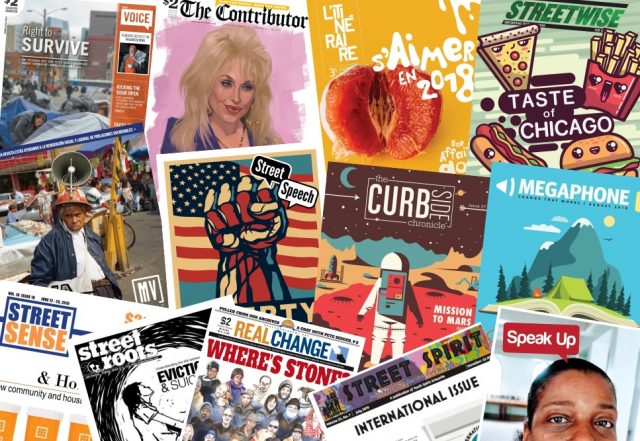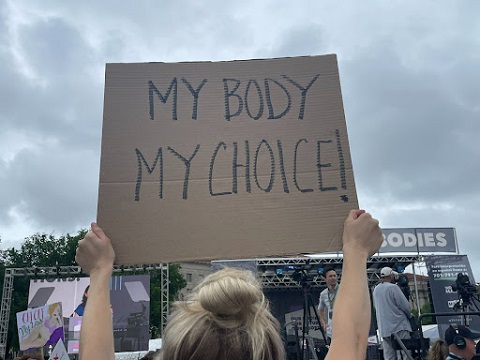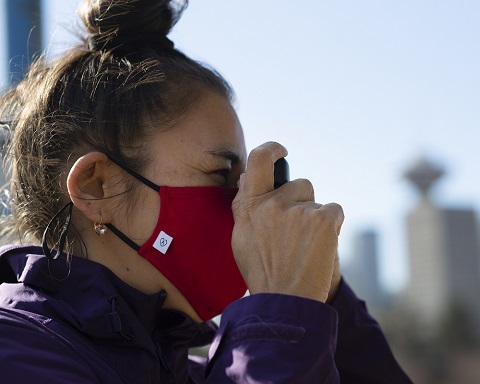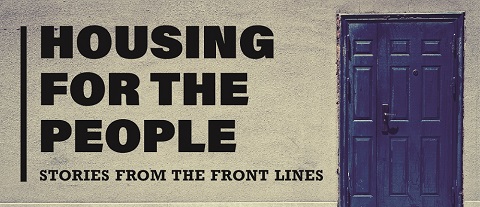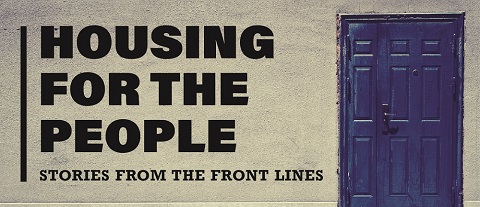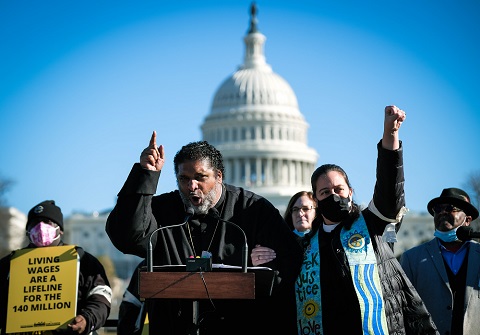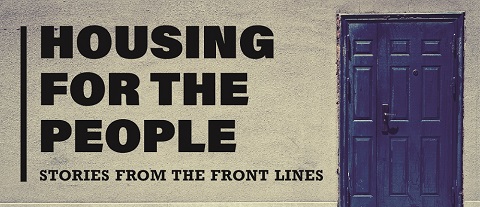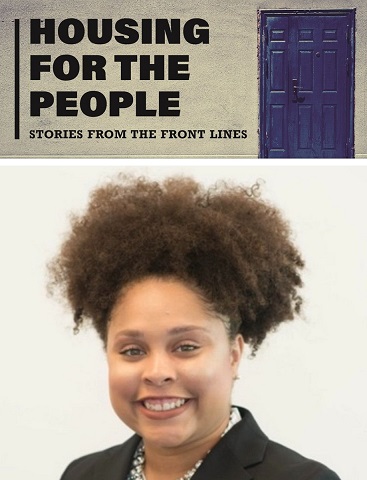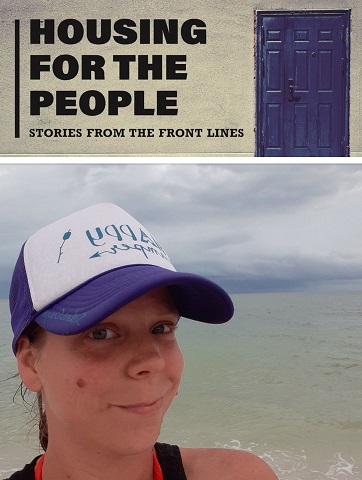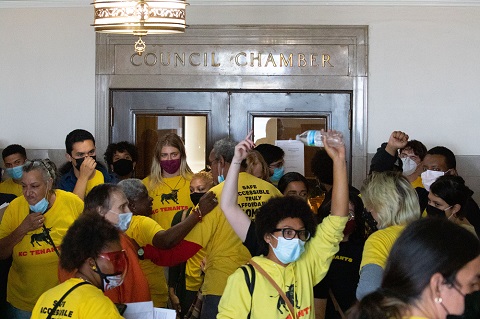By Zella Knight
Martin Luther King Jr. once said: “Power properly understood is nothing but the ability to achieve purpose. It is the strength required to bring about social, political and economic change.” This is more than just a quote to be reflected on during Black History Month — it is a theory of change to lean on for those who want to make systemic shifts.
If we are sincere in the mantra ‘Housing for All’, for example, we need to give people who have lived experience with homelessness or housing insecurity a permanent seat at the policymaking table. You must walk in our shoes and value our voices if you want to understand what needs to change socially, politically and economically in order to achieve this goal. That’s what the Housing Playbook Project did in creating its New Deal for Housing Justice with us, not just for us.
Let’s take a walk in my shoes. My journey began growing up in an upper middle class neighborhood. But once I became disabled with a heart condition, I could no longer afford rent and was provided a Housing Choice Voucher. But because of classism, racism and sexism, many of the property owners in the neighborhood I was accustomed to growing up in would not accept my voucher. Finally, I found a landlord who did accept, but he soon converted my affordable unit into a condo at market value and used “just cause eviction” to remove me and my family. Since then, I have been thrust into a cycle of homelessness and housing instability. We were homeless for three years and unable to find all the services we needed. As I worked to acquire resources and supports in an effort to save my family’s lives, we were segregated, racially profiled, traumatized and criminalized. Every step forward presented us with a greater challenge, rather than a win.
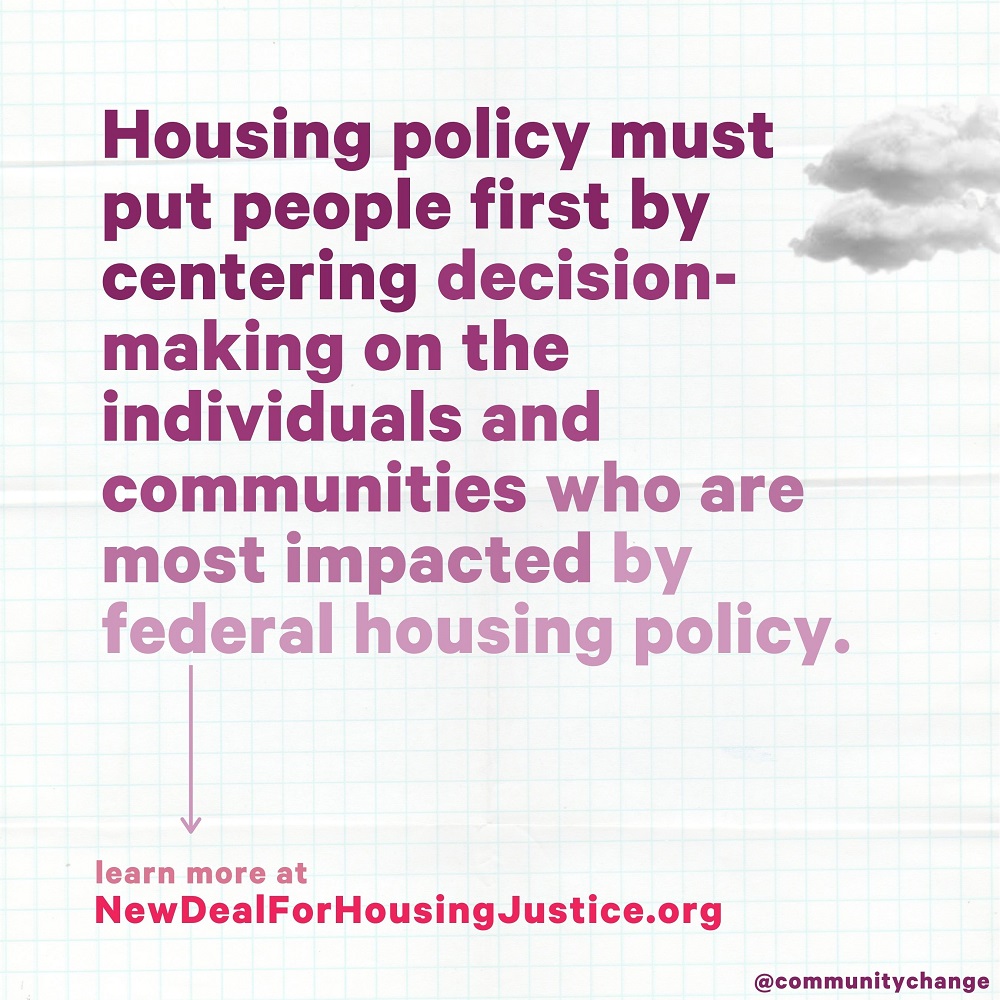
Eventually, I found resources through my daughter’s school to connect us with a shelter, health care and food services. In 2010, I became a housing commissioner for LA County, determined to create connections between different services the city offered to streamline the process for those like me who need help navigating the system.
As many of my colleagues walked a similar journey of homelessness and housing instability, we found that there was no value placed on us as people. We were afterthoughts. Through my lived experience, my generational activism sprung me into action, and I got involved with organizations like the Resident United Network (RUN) and Community Change.
My organizing led to the opportunity to share my experiences and solutions at a Housing Is Essential town hall meeting with Former Housing and Urban Development Secretary Julian Castro. Then, Community Change asked me to be part of the development of the Housing Playbook, a conduit for the Biden Administration to change the historical ills that created inequities like those I experienced and make affordable housing for all a reality.
![Zella Knight with her daughter. [Photo courtesy of Community Change]](https://hub.insp.ngo/wp-content/uploads/2021/02/INSP_Housing-playbook-lived-experience_1-1.png)
Just as the playbook that led to the Buccaneers Super Bowl win used the power of each of its players, the Housing Playbook uses the power of those most impacted to achieve solutions that will dismantle barriers to safe and affordable housing. By centering impacted people, we have the power to implement equitable policies that address the -isms that got us to this unequal place and ultimately save lives.
Zella Knight is an LA County housing commissioner, organizer with the Resident United Network and contributor to the Housing Playbook’s New Deal for Housing Justice.
This column is made possible through a partnership with Community Change and the International Network of Street Papers North America.




